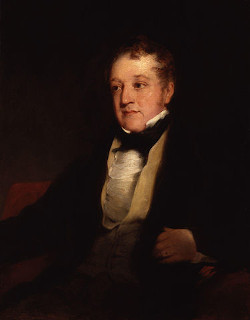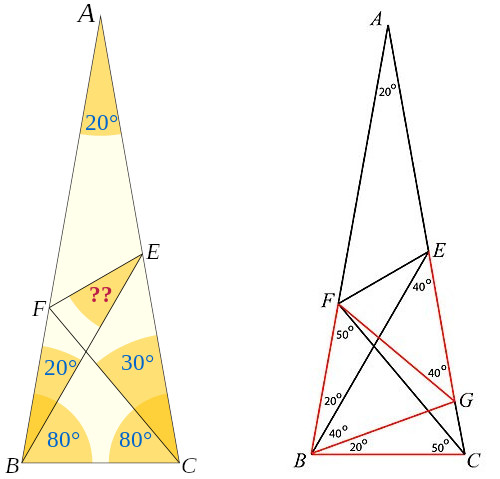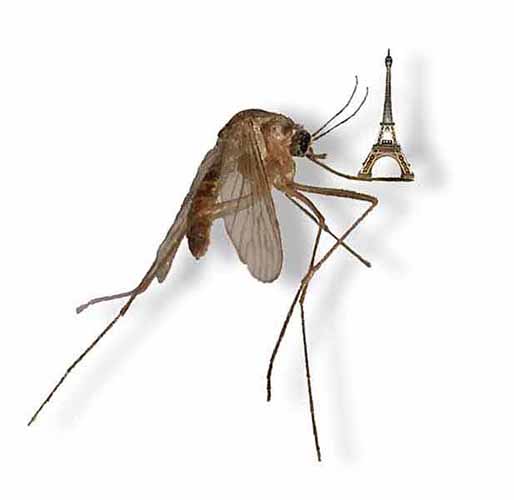
The opening of England’s Liverpool and Manchester Railway in 1830 took a direful turn when William Huskisson, a member of Parliament for Liverpool, approached the Duke of Wellington’s railway carriage. Huskisson became so engrossed in their conversation that he failed to notice an oncoming train, and when he realized his danger and tried to climb into Wellington’s carriage, the door swung outward and deposited him in its path. His leg was badly mangled.
“Immediately after the accident, he was placed on the ‘Northumbrian’ — another of Stephenson’s engines — and raced to Liverpool at the then unprecedented speed of 36 m.p.h., with Stephenson himself as driver,” writes Ernest Frank Carter in Unusual Locomotives. “It was the news of this accident, and the speed of the engine, which was one of the causes of the immediate adoption and rapid spread of railways over the world. Thus was the death of the first person to be involved in a railway accident turned to some good account.”








